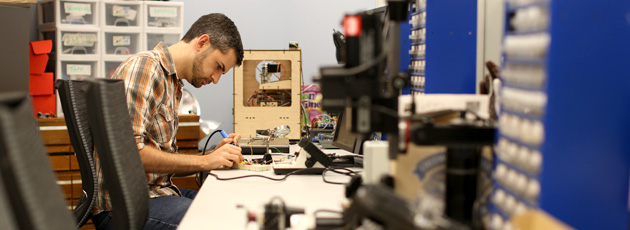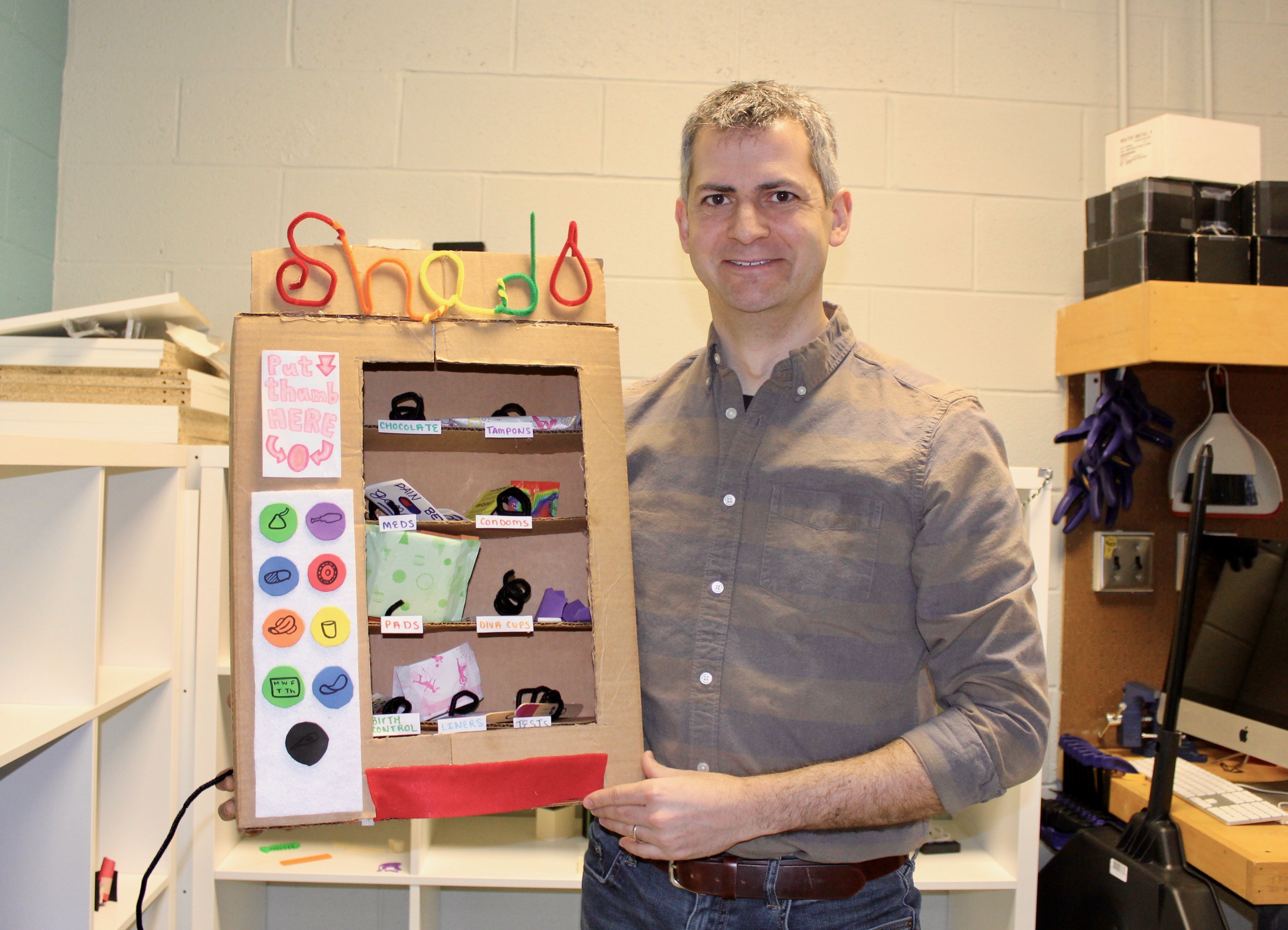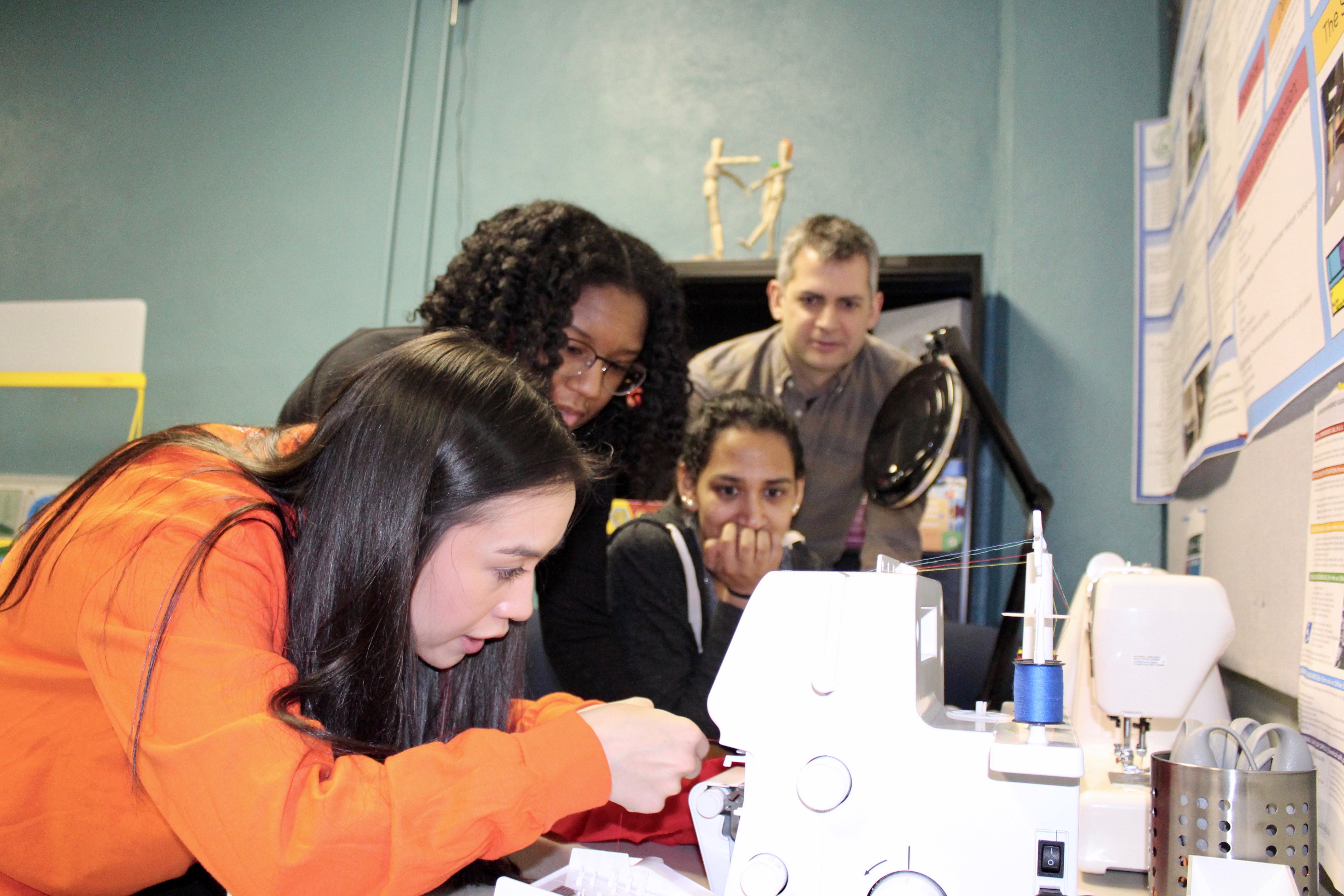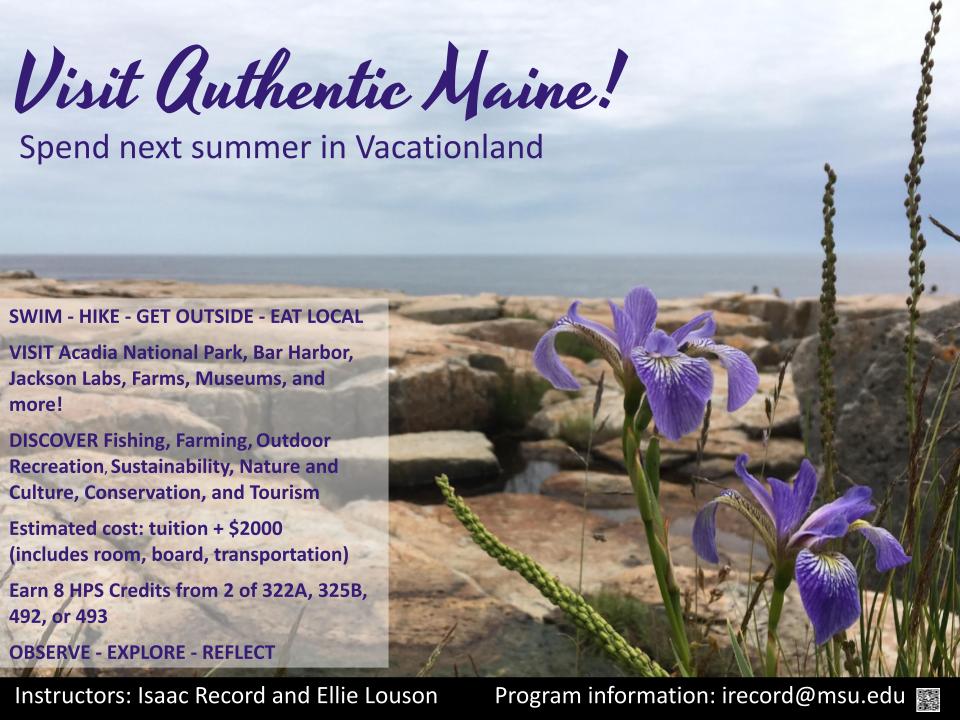Isaac Record

LB 326A: Health and MedicineTopic: “What is health?" (hover for description)
LB 133: Introduction to Science and Society (x2)Topic: “Science in Culture and the Culture of Science" (hover for description)
LB 322A: Advances in Science and TechnologyTopic: “Critical Making to Solve Wicked Problems" (hover for description)
LB 322A: Advances in Science and TechnologyTopic: “Critical Making to Solve Wicked Problems" (hover for description)
MC 459: Capstone for Science, Technology, Environment, and Public Policy minor.
Please don’t hesitate to contact me with any questions you might have.
LB 133 is a class about the nature of scientific practice and what kind of scientist you want to become. My intention is to guide you through real cases to provoke you to reflect on your reasons for being here and to challenge you to become a responsible expert by showing you what is at stake in getting it right. We will practice and strengthen reading and writing skills in order to master the material and clearly communicate your considered thoughts about these matters.
What is science? How is science practiced? Why is some science controversial? As a class we will attempt to answer these questions by engaging with historical, philosophical, and sociological scholarship, making our own investigations into the practice of science, and examining the role of values in science. We will practice and strengthen teamworking skills in order to successfully complete these investigations.
This course provides an interdisciplinary survey of key theories and methods in bioethics. Topics may include end-of-life decision-making, cultural diversity, and health care policy.

In this class, we will critically examine our personal relationships with technology, take on group design projects supported by the Collaborative Experiential Learning Laboratory, and examine technologies from robots to medical records from a variety of disciplinary perspectives. To ensure that we have the requisite skills and information for our design projects, we will follow a “identify, map, research, reframe, respond, and critique” process, including interviews with members of communities of concern, reviews of relevant literature, and site visits of relevant existing facilities on and around campus. By the end of the course, we will be better researchers, writers, and team members.
What makes for a great place to learn? Laboratories, residential colleges, museums and botanical gardens are all designed to help us learn — but how does that work? Let’s go find out! What makes for a great place to learn? Laboratories, residential colleges, museums and botanical gardens are all designed to help us learn — but how does that work? Let’s go find out!
In this course we will read James C. Scott's Seeing Like a State: How Certain Schemes to Improve the Human Condition Have Failed. We will also engage in a series of professionalization activities and individual projects.

This course investigates how we organize our lives around work, spirit, and leisure. We will (1) engage in a shared research project (the topic changes from year to year); (2) conduct and discuss a series of personal challenges in order to examine aspects of our relationships with labor, exercise, diet, and spirit through the lens of “technologies of the self”; and (3) take on individual projects of interest selected from a menu of options.

Join Dr. Record and Dr. Louson for three weeks in beautiful Vacationland for a three-week onsite exploration of down east coastal Maine, an area combining natural beauty, tourism, and outdoor recreation. Click to visit the course info page!
492 Senior Seminar is a “capstone experience” for Lyman Briggs students, intended to bring together the skills and knowledge you have developed during your time at MSU and apply them to a new and challenging problem. It is also meant to provide a space for you to reflect on your experience at MSU and to contemplate and prepare for your next step, whatever that might be.
In Humane Computing we confront the mismatch between the increasing influence of computerized algorithms in our lives and the low level of knowledge and control we as individuals have over these algorithms. There are four parts to the class.
First, as a class we will learn the rudiments of coding and algorithmic thinking through low-stakes games and group activities. No technical experience is needed to succeed in this class; in fact, I hope this part of the class will be fun! The aim is to gain some experience that will help us to understand some of the challenges faced by designers of algorithms in the real world.
Second, groups will study historical or contemporary cases of the application of algorithms or algorithmic thinking to broad issues in society: algorithmic curation of news feeds, high frequency trading, mortgage lending, policing and criminal sentencing, teacher evaluation, and health monitoring, to name a few that illustrate the breadth of influence this style of thinking now has. In addition, students will find examples of algorithmic influence covered in the media and share these with the rest of the class. In all of these cases, we will focus less on technical detail and more on ethical and social dimensions of algorithms, including fairness, participation and representation, data availability and ownership, responsibility, and governance.
Third, groups will design and prototype a new algorithmic approach to a problem they identify and characterize, perhaps inspired by part two, above. The aim of this project is not to create a comprehensive or even working solution but to use the process of designing a response as a lens for investigating the ethical and social dimensions of intervention.
Fourth, throughout the semester, individuals will have several opportunities to reflect on their time at MSU and to contemplate their next steps.
Join Dr. Record and Dr. Parks for six weeks in Paris in Summer 2019 for "Paris in Motion", a study of the relationship between technology and medicine. We will examine such topics as the technology of cathedral and castle building and the medical ramifications of Paris's sewers and running water.
Program highlights:
• Seine river cruise,
• Paris sewer tour,
• Loire Valley tour,
• overnight trip to sea-side St. Malo,
• Tour of Mont Saint-Michel island,
• visit to champagne vineyard (with tastings!),
and much more!
Fast Facts:
6 weeks in Paris: May 16-June 28
8 credits from: LB 323A, 323B, 492
2 professors: Dr. Richard Parks, Dr. Isaac Record
$4500 program fee (estimate)
Information session: October 9, 3pm, Holmes W25E
Preferred deadline: December 7. Final deadline March 1.
Decisions: December 14.